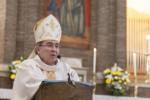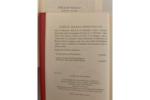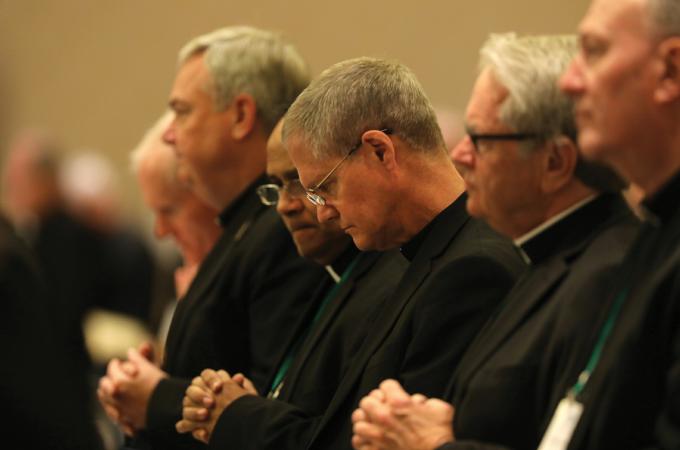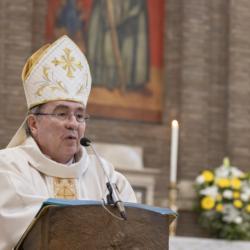Boston Province transitions to nation-wide abuse reporting system
BRAINTREE -- In response to Pope Francis' May 2019 apostolic letter "Vos Estes Lux Mundi," ("You are the Light of the World"), a new independent third-party reporting system has been put in place to receive allegations of sexual misconduct by U.S. bishops. The Catholic Bishops Abuse Reporting Service, or CBAR, went live on March 16 and is now available for individuals who wish to file an allegation of misconduct involving a bishop or cardinal.
"This new third-party reporting system ensures any allegation of misconduct by a bishop or cardinal will be addressed thoroughly, independently and in a just manner," said Cardinal Seán P. O'Malley, Metropolitan for the Boston Province.
"It is important that bishops and cardinals are held accountable for their actions in order that our people can have trust in the integrity and commitment of the Church in the protection of children. This system demonstrates the transparent process now integrated into the life of the Church and the seriousness upon which the Holy Father places in this process," he added.
This newly launched system replaces the existing EthicsPoint system instituted by the Boston Province in August 2019. The Boston Province includes the Archdiocese of Boston along with the dioceses of Fall River, Springfield, and Worcester in Massachusetts; and the dioceses of Portland, Maine; Manchester, New Hampshire; and Burlington, Vermont.
Under the new system, individuals may report an allegation either by phone or online and can remain anonymous when using either method.
An allegation can be made via phone by calling 800-276-1562, where trained personnel will receive the information regarding the allegation. A report may be made online at reportbishopabuse.org.
Those who report an allegation will be provided a case number and password to access an online portal to monitor the progress of their allegation. They will also be encouraged to contact local law enforcement if they believe a crime has been committed.
Once an allegation is made, the information will be forwarded to the appropriate metropolitan (archbishop) from each province. Allegations against a metropolitan will be forwarded to the senior suffragan bishop in the appropriate province. The information also will be forwarded to a layperson designated to assist the metropolitan archbishop in receiving allegations.
The metropolitan (or senior suffragan) will then forward the report to the apostolic nuncio in Washington, D.C. The nuncio is required to send the report and the metropolitan's assessment to the Vatican, which has 30 days to determine if a formal investigation is warranted.
If an investigation is ordered, it will be overseen by a bishop, and qualified experts, including laypeople, will conduct the review. The investigation must be completed within 90 days and submitted to the Vatican for review. The Vatican officials will determine the process leading to a final judgment.
The Catholic Bishop Abuse Reporting (CBAR) system will accept the following specific types of abuse allegations that a bishop or cardinal:
-- Forced someone to perform or submit to sexual acts through violence, threat, or abuse of authority;
-- Performed sexual acts with a minor or vulnerable person;
-- Produced, exhibited, possessed, or distributed child pornography, or recruited or induced a minor or a vulnerable person to participate in pornographic exhibitions;
-- or, a diocesan or eparchial bishop, or a cleric overseeing a diocese/ eparchy in the absence of a diocesan or eparchial bishop, who has intentionally interfered with a civil or Church investigation into allegations of sexual abuse committed by another cleric or religious.
CBAR does not replace existing reporting systems for complaints against priests, deacons, religious or laity. CBAR was designed to respond only to complaints against bishops for issues related to sexual misconduct.
The reporting of sexual misconduct by anyone in diocesan ministry who is not a bishop, such as priests, deacons, religious brothers and sisters, or lay persons working or volunteering for the Church will continue to be handled in accordance with the child protection policy established by the Charter for the Protection of Children.
To learn more about the policies and procedures related to the Archdiocese of Boston's child protection efforts, please visit commitment.bostoncatholic.org.
For more information on the newly launched national reporting service and how it works, please visit reportbishopabuse.org.



















